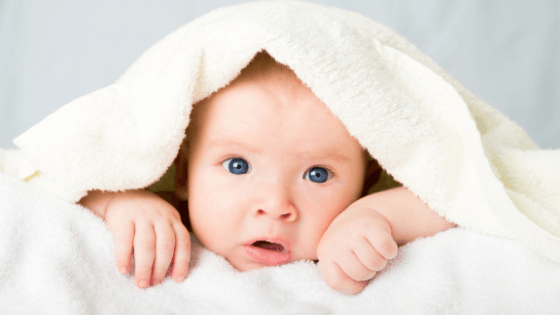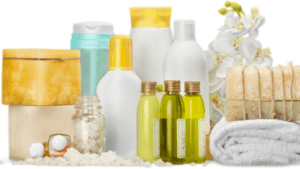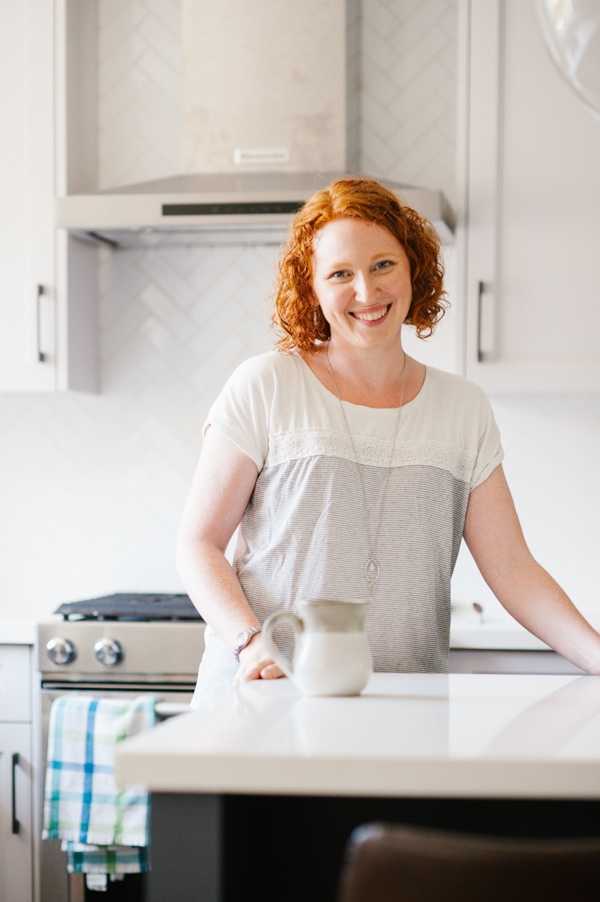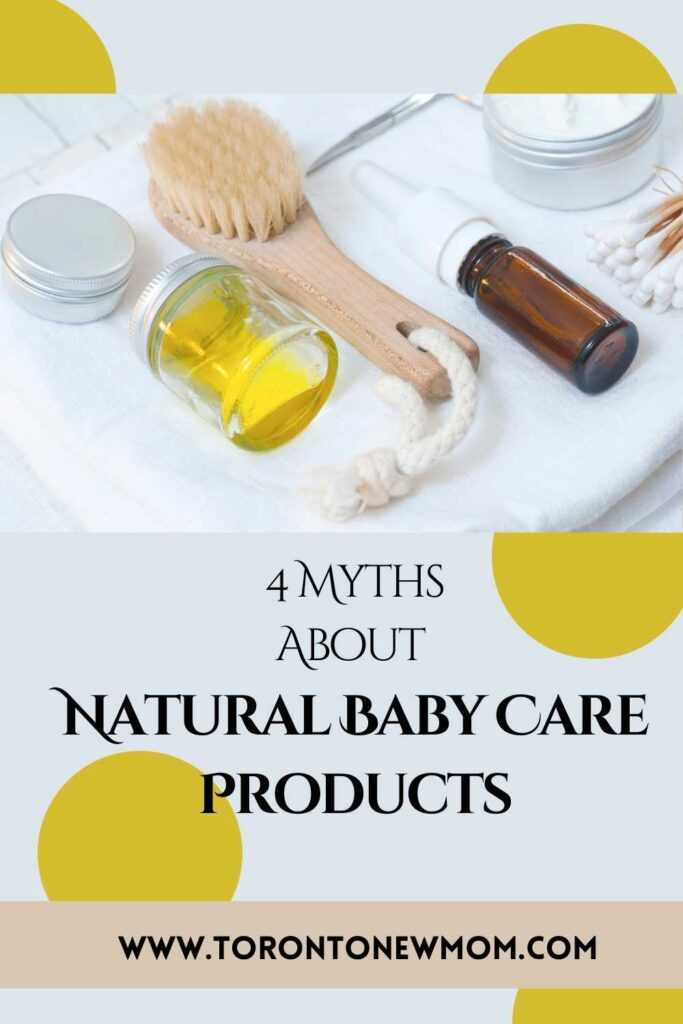
4 Myths About Natural Baby Care Products
“Organic”. “Natural”. “Non-toxic”.” Naturally-derived”. These sound pretty good for baby care products, right? Nope, not necessarily. The reality is, these terms aren’t regulated so manufacturers can use them no matter how “natural” a baby care product actually is. This makes it so hard for new parents to know what to believe! Trust me, I’ve been there. As an environmental engineer and green building consultant, I still struggled when my kids were little. But now, I know what to look for and what to avoid.
I’m going to break down the myths around natural baby care products and help you choose healthier products without going crazy.
What You Need to Know About Natural Baby Care Products: 4 Myths and How to Make Healthier Choices
4 Myths about Natural Baby Care Products and How to Make Healthier Choices
Myth 1: Products on store shelves must be safe because they’re tested.
The truth is, Health Canada doesn’t test every product brought to market. And the safety data they rely on are provided straight from the manufacturer. So while products might be tested to make sure they don’t cause rashes or allergic reactions or other obvious symptoms in most people, they aren’t tested for long-term safety.
In fact, Health Canada doesn’t even have a law in place to ban ingredients that are found to be harmful. We have a “hot list” of ingredients, but these are nothing more than strongly worded recommendations. It also doesn’t look at contaminants that may be in the finished product due to processing. What’s more, Health Canada doesn’t have the jurisdiction to be able to recall a product – they can only request the company undertake a voluntary recall. You can learn more about these regulatory issues here.
Myth 2: “Toxic” ingredients aren’t actually toxic in baby care products because they’re in such small amounts.
This goes back to an old way of thinking about toxins. When we’re navigating the world of non-toxic baby care, we’re not just talking about a toxic substance as one that will kill you with a single dose – which is how a lot of toxins are tested.
The reality is, we are constantly exposed to low dose toxins from our environments. And the latest research on a particular class of toxins called endocrine disrupting chemicals (or hormone disruptors) is showing that these act in the body at much lower concentrations than other toxins. Even from just normal daily living because they’re in our food, water, skincare, cleaners, and housewares.
Hormone disruptors are contributing to a range of health concerns, from obesity to infertility to asthma to autoimmune disease and more. In fact, the World Health Organization has stated that rates of cancer and hormone-related illness are increasing faster than can be explained by genetics alone, and exposures to toxins from our daily lives are playing a role.
Babies are also more susceptible because their detoxification and immune systems are immature, and they’re exposed to different sources than adults (since they crawl around and put everything in their mouths).

Myth 3: All-natural is 100% safe.
Just because something is natural, doesn’t make it safe. Just like synthetics aren’t all harmful. Any product that uses water or is applied by putting your fingers directly in the container (like a diaper cream) is more prone to bacterial growth and therefore should have a preservative. Now, there are definitely safer preservatives, but looking for something that’s preservative free isn’t always a good thing.
Essential oils, while natural, should also be used with caution. Some should not be used on children, and they can still cause irritation for some so should be used sparingly on babies and children.
Myth 4: Fragrance-Free and Dermatologist Tested are important
Again, these terms on the front of baby care packaging are next to useless. To tell whether a product has fragrance added, you have to look at the back of the label and read the full ingredient list. Sometimes, synthetic fragrance is added to cover up the smell of other ingredients and eliminate noticeable fragrance.
And dermatologist tested is nothing more than a marketing gimmick. Dermatologists are not trained to know whether a product contains hormone disruptors or other toxins.
What You Can Do
OK, so now that we’ve busted some myths, here are some simple ways you can make the switch to truly healthier baby care products.
Minimize! Babies really don’t need much. Your best bet is not to stock up on something until you know you need it (like diaper cream and lotion). Olive oil makes a good first lotion and diaper barrier.
Use the Think Dirty App to help you read labels on soaps, lotions, shampoos, etc.
Check out this list of common body care products and find out how healthy they really are.
Switch to green cleaners (or make your own) to reduce your baby’s overall exposure to toxins at home.
Emma Rohmann is an environmental engineer, mom of 2, and founder of Green at Home. Through her online program, Your Healthy Home, she helps families reduce toxins at home linked with chronic illness, asthma, and hormone disruption. She also helps health professionals incorporate environmental health into their practice.
Emma is a David Suzuki Foundation Queen of Green Coach and guest lecturer at the Canadian College of Naturopathic Medicine. Learn more at www.greenathome.ca.
If you like this post and you would like to read more content like that, please subscribe to my mailing list here
- How to create AI story for kids - June 3, 2024
- The Full Camping Packing List - May 30, 2024
- Winter Mom & Baby Programs - January 1, 2024





Facebook Comments